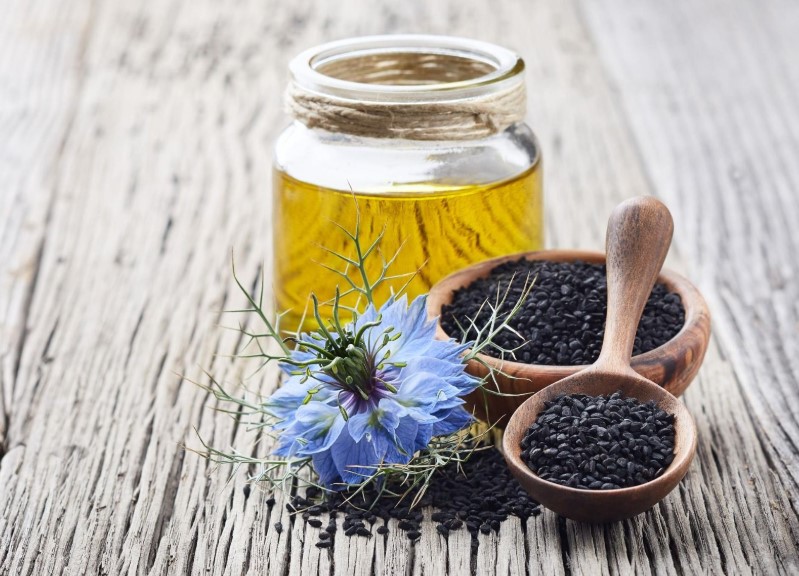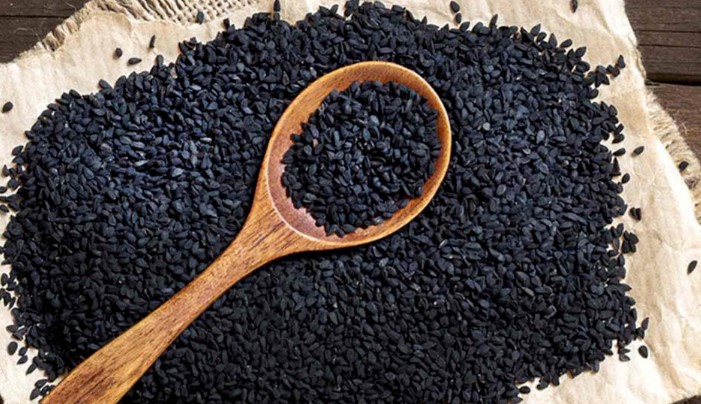Black seed oil, pressed from the seeds of the Nigella sativa plant, has been hailed for centuries as a remedy for a wide range of ailments. Often referred to as “the cure for everything but death” in ancient traditions, its reputation as a versatile healer persists. With modern research uncovering its bioactive compounds, particularly thymoquinone, black seed oil is being explored as a potential all-in-one natural cure. But can it truly live up to the hype? Let’s dive into its benefits and limitations.
Table of Contents:
A Multifaceted Health Booster
Black seed oil (https://mediterra.si/olje-crne-kumine-250-ml) is packed with nutrients, including essential fatty acids, vitamins (B1, B2, B3), and minerals like calcium and zinc. Its star component, thymoquinone, offers powerful antioxidant and anti-inflammatory effects, protecting cells from oxidative damage linked to chronic diseases like cancer and diabetes. These properties make it a promising candidate for supporting overall health.

Immune System Support
One of black seed oil’s most celebrated benefits is its ability to strengthen the immune system. Studies show its antimicrobial, antiviral, and antifungal properties can help fight infections, from common colds to more persistent pathogens. It may also modulate immune responses, potentially aiding those with autoimmune disorders, though medical guidance is crucial here.
Skin and Hair Benefits
Black seed oil is a favorite in natural skincare. Its anti-inflammatory and antimicrobial properties can reduce acne, soothe eczema, and calm psoriasis. The oil’s fatty acids hydrate the skin, promoting a healthy complexion. Applied to the scalp, it may strengthen hair, reduce dandruff, and prevent hair loss, making it a go-to for beauty enthusiasts.
Digestive and Heart Health
The oil’s benefits extend to the digestive system, where it can ease bloating, gas, and indigestion. Research suggests it may combat H. pylori, a bacteria linked to ulcers, fostering a healthier gut. For heart health, black seed oil’s omega fatty acids and antioxidants may lower LDL cholesterol, reduce blood pressure, and prevent arterial plaque buildup, supporting cardiovascular wellness.
Limitations and Considerations
While black seed oil shows promise, it’s not a cure-all. Scientific studies are still emerging, and many are small-scale or preliminary. It may interact with medications, such as blood thinners or diabetes drugs, and excessive use can cause side effects like stomach upset. Pregnant women and those with certain medical conditions should avoid it unless cleared by a doctor. Quality matters—always choose cold-pressed, organic oil for maximum efficacy.
How to Use It
Incorporate black seed oil by taking a teaspoon daily, adding it to smoothies or salads, or applying it topically for skin and hair. Start with small doses to assess tolerance.
Black seed oil’s diverse benefits make it a compelling addition to a wellness routine, but it’s not a magic bullet. Combined with a balanced lifestyle and medical advice, it could be a powerful natural ally. Consult a healthcare professional to ensure it’s right for you.
Similar Posts From The Same Category:
- What is Lion’s Mane good for?
- How Quercetin Can Help You During Allergy Season
- What are the Risks of Using Cyanocobalamin?
- Why You Need a Routine Ophthalmic Examination
- Research studies investigating potential therapeutic benefits of Amanita Muscaria








